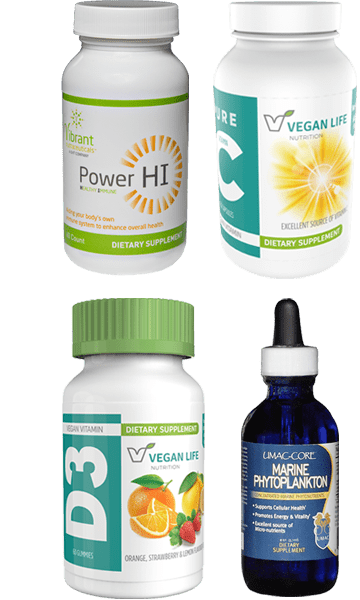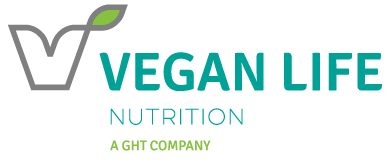As we relax social distancing, your immune system is more important than ever
According to the CDC, as of June 16, 2020, there have been over 2,000,000 cases of confirmed Coronavirus in the United States, and the rate of new infections continues to increase by approximately 18,500 people per day.1 While it’s clear that COVID-19 is still spreading at an alarming rate, many places around the country are beginning to relax recommendations on social distancing.
State and local officials everywhere are forced to balance the negative effect to the economy that shut-downs cause with the risk of reopening and increasing the rate of Coronavirus infections in their area. The state of Florida, for example, has seen an uptick in infections after they introduced a plan to reopen the state economy. “The state’s infection totals have steadily grown since the start of June, roughly two weeks after its ‘full phase-one’ reopening plan.”2
As businesses, restaurants and shops are beginning to slowly open their doors, it’s critical that we protect ourselves from the still-present risk of Coronavirus.

Best defense against COVID-19
Now that the official lockdown is over and you’re starting to get out in public more, make sure you understand how best to decrease your chances of getting sick with the Coronavirus. As published by the CDC, below are the recommendations:
- Wash your hands with soap and water for 20 seconds, particularly after you’ve been in public.
- If soap and water isn’t available, thoroughly rub hand sanitizer into your hands until they feel dry.
- Avoid touching your face with unwashed hands.
- Maintain 6 feet of space between yourself and others when outside your home.
- Wear a cloth face cover when out in public.
Another powerful tool for protecting yourself from this virus is to maintain a strong and healthy immune system. Some ways to help your immune system is to maintain a healthy weight, eat lots of plant foods, exercise, don’t smoke, get enough sleep, and minimize stress.
Since diet plays a key role in overall health as well as the strength of your immune system, it’s important to identify any areas of deficiency. “There is some evidence that various micronutrient deficiencies — for example deficiencies in zinc, selenium, copper, folic acid and vitamins A, B6, C and E — alter immune response . . . ” 3

Dietary supplements
If you suspect you’re not getting an adequate amount of key vitamins and minerals in your diet, consider adding a nutritional supplement to your daily routine. The GHT Companies are dedicated to producing the highest quality, plant-sourced and most bioavailable supplements on the market, and we share your concern over the Coronavirus.
To help you support your own natural immune system during this difficult time, we have put together a combination pack of vital micronutrients, including natural enzymes and antioxidants, vitamin C, Vitamin D3 and Marine Phytoplankton.
As the country begins to reopen, following the CDC guidelines when you’re in public and paying special attention to the health of your immune system are your best defense against the Coronavirus.
References
1 Cases in the U.S., Center for Disease Control and Prevention (CDC).
2 Live updates: Coronavirus cases skyrocket in Florida; Trump says a vaccine would be free to those in need, The Washington Post.
3 How to boost your immune system, Harvard University, Harvard Health Publishing.
NOTE: The CDC, The Washington Post, and Health.harvard.edu, have not reviewed or approved the above article.
